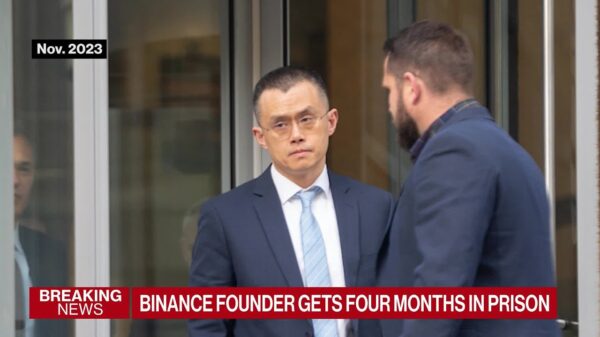Cryptocurrency exchange KuCoin has enlisted the services of the global accounting firm Mazars to conduct an independent audit of its proof of reserves (PoR).
As per an announcement made on December 5, this audit aims to offer KuCoin’s customers increased transparency by verifying if their assets held by the exchange are backed adequately. The audit will cover various accounts including main, trade, margin, robot, and contract accounts for Bitcoin (BTC), Ether (ETH), Tether (USDT), and USD Coin (USDC).
The audit report is expected to be published on KuCoin’s official website in the coming weeks. KuCoin’s CEO, Johnny Lyu, stated that this initiative aligns with the exchange’s commitment to transparency regarding users’ funds. Wiehann Olivier, a partner at KuCoin, expressed:
“Given recent events, there is a growing demand in the industry for enhanced transparency. We believe that Mazars’ PoR service extended to KuCoin and other global cryptocurrency exchanges will contribute to fostering trust through transparency.”
Earlier on November 30, Mazars was appointed as the official auditor to carry out “third-party financial verification” of Binance’s proof of reserves. Binance has already shared information on its Bitcoin reserves publicly.
Having its headquarters in Paris, the international accounting firm previously worked with the business of former U.S. President Donald Trump. Reports indicate that Mazars severed ties with Trump and his family in 2022.
KuCoin and Binance, along with four other cryptocurrency firms, have been requested by U.S. Senator Ron Wyden to provide details related to consumer protection by December 12.
Senator Wyden has asked Binance, Coinbase, Bitfinex, Gemini, Kraken, and KuCoin to provide information on subsidiary entities, measures to protect consumer assets, handling of customer information, and strategies to prevent market manipulation. The senator highlighted that cryptocurrency users on platforms like FTX have fewer protections compared to those offered by traditional banks or registered brokers regulated by entities such as the Federal Deposit Insurance Corporation or Securities Investor Protection Corporation.
Image Source: sdx15 / Shutterstock













































